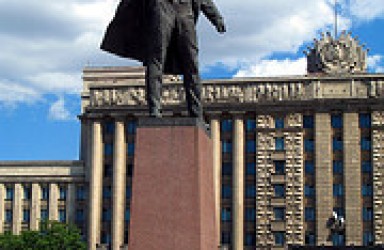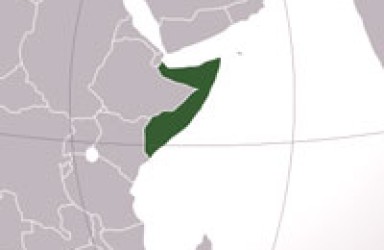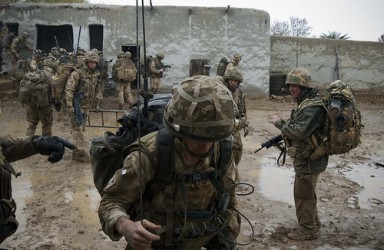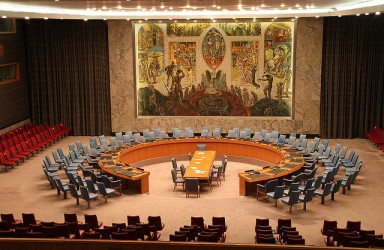Ethnic Conflict and R2P
We may all agree that there is a moral imperative to halt mass atrocities. The problem is the reconciliation of such an obligation and our entrenched system of anarchy at the international level. Those states that are part of the United Nations should have a responsibility to respect the adoption of R2P principles, notably the moral imperative to halt mass atrocities and punish the perpetrators through the ICC.
More of the Same? Russian Intelligence during the Post-Soviet Era
Despite the euphoria that accompanied the toppling of Felix Dzerzhinsky’s statue in Lubyanka Square in August 1991, the power of the KGB, now the FSB and the SVR, has not declined. True reform of Russia’s security services, despite some early intent, has not happened.
The Extraordinary Injustice of McCarthy’s America
In the McCarthy era of the 1950s, anti-Communism created an atmosphere of fear which allowed political actors to accrue greater powers over the American population. This unusual situation was permitted as the public were manipulated by people with political interests into believing the USA had entered into a state of emergency in order to safeguard national security.
The Dreamboat That Ran Aground: U.S. Policy Towards Venezuela 1955-1960
The US experience in Venezuela helped nuance its wider policy towards Latin America by challenging the reliance on free market economics. While the Eisenhower administration chose to re-emphasise democratic values in order to combat rising Communist radicalism, practical support for democracy proved to be limited.
Faith-Based Diplomacy and the Case of Somalia
Traditional approaches to international relation, such as liberalism, realism, and realpolitik, have failed in Somalia. As policymakers determine what to do about Somalia, they should consider employing faith-based diplomacy jointly with traditional military operations and Track I diplomatic efforts.
21st Century ‘Resource Control’ Insurgencies: The Case of the Niger Delta
Resources are strategically invaluable economic and political tools. It is the unquestionable human thirst for black gold, and other vital resources such as water and minerals, where global capitalism, post-colonial kleptocracy and the disenfranchised insurgent will meet in an unpredictable and volatile new paradigm.
Stopping the Islamic Terrorist Financing Machine
A lack of cooperation between agencies, ignorance in dealing with the methods of fund-gathering and fund-moving measures, and the implementation of contradictory policies have resulted in a system in which the West cannot find a comprehensive strategy to curb the financing of Islamic terrorism.
NGOs in Haiti: Caught in an Aid Worker Bubble
Since the 2010 Haiti earthquake, the development sector has been engaged in debate concerning the failures of the NGO response. NGOs have destructively transplanted a parallel system of governance, often being caught up within an aid worker bubble which has stood between the Haitian state and its citizens and thus undermined the symbiotic nature of their social contract.
Is the factor of economic decline sufficient to explain UK defence policy after 1945?
Economics have a profound influence on defence policy regardless of country. One merely needs to observe the debates on expenditure today for a look at how even a superpower like the United State’s armed forces is constrained by defence budgets. While the same holds true for the UK, it has been more noticeable since 1945 with Britain’s declining power and prestige.
A critique of the theory and practice of R2P
The R2P is heralded by many as making political power more responsible and accountable, both to the domestic citizenry and ‘international community’. It has sought to democratise humanitarian intervention in a way which reconceptualises sovereignty as responsibility and looks to protect the ‘victim other’ from imminent mass death at the hands of irresponsible state power.













